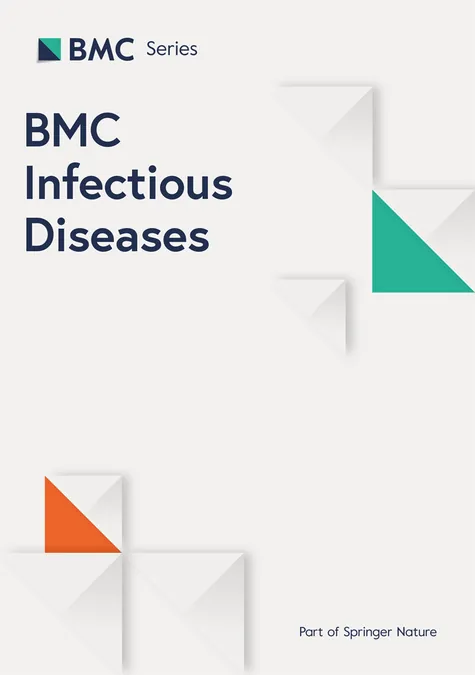
Breakthrough Study Sheds Light on Key Genes Driving Colon Cancer Progression
2025-05-13
Author: Jia
Colorectal Cancer: A Global Health Challenge
Colorectal cancer ranks as the second leading cause of cancer-related deaths worldwide, signaling a pressing need for deeper understanding and innovative treatments. While some molecular changes tied to this deadly disease are documented, the exact mechanisms behind their contribution to cancer development remain largely unclear.
Uncovering the Role of SOX9 in Tumor Development
A groundbreaking study published in the Journal of Clinical Investigation has unveiled critical insights into the SOX9 gene's role in colorectal cancer progression. Utilizing advanced mouse models alongside colorectal cancer tissue analyses, researchers have demonstrated that the loss of the SOX9 gene significantly accelerates tumor advancement. This discovery indicates that the pathway regulated by SOX9 could emerge as a promising target for future cancer therapies.
Eric Fearon, a leading expert in internal medicine at the University of Michigan and Director at Rogel Cancer Center, stated, "While previous research has highlighted the involvement of SOX9 in colorectal tumors, conflicting reports exist on whether reduced SOX9 expression can serve as a catalyst for tumor development.”
Mouse Models Reveal Intriguing Findings
To delve deeper into SOX9’s function, the research team deactivated both SOX9 and the APC gene—known to suppress tumors and inactivated in 80% of colorectal cancers—in colon tissues of mouse models. Strikingly, they discovered that combining the inactivation of SOX9 and APC led to far more aggressive tumors compared to APC loss alone. Interestingly, the inactivation of SOX9 by itself did not promote tumor growth.
Epithelial-Mesenchymal Transition: A Catalyst for Invasion
The researchers further revealed that the invasive characteristics observed in colorectal cancers with diminished or absent SOX9 levels were facilitated by a process known as epithelial-mesenchymal transition. This transformation allows cells that typically remain fixed to the colon's surface to gain mobility, thus enabling them to infiltrate nearby tissues.
Fearon explained, "These newly mobile cells acquire specific traits that enhance their ability to metastasize to essential organs like the liver, lungs, and lymph nodes.”
Real-World Implications for Patients
Corroborating these findings, data from nearly 400 patients in the TCGA Colon and Rectal Cancer cohort revealed that around 20% of cancers displayed low or absent SOX9 levels. Alarmingly, patients with these lower SOX9 levels exhibited poorer overall survival rates, bolstering the gene's potential classification as a tumor suppressor.
Next Steps: Strengthening the Research
The research team is now eager to explore the intricate relationship between APC and SOX9. Fearon emphasized, "Our results underscore that further investigations are crucial. Understanding why targeting both genes produces significantly different effects compared to targeting each gene alone may provide critical insights into the grim prognosis for those colon cancer patients lacking SOX9.”
This enlightening study paves the way for future research and potential therapeutic strategies, igniting hope in the ongoing battle against colorectal cancer.



 Brasil (PT)
Brasil (PT)
 Canada (EN)
Canada (EN)
 Chile (ES)
Chile (ES)
 Česko (CS)
Česko (CS)
 대한민국 (KO)
대한민국 (KO)
 España (ES)
España (ES)
 France (FR)
France (FR)
 Hong Kong (EN)
Hong Kong (EN)
 Italia (IT)
Italia (IT)
 日本 (JA)
日本 (JA)
 Magyarország (HU)
Magyarország (HU)
 Norge (NO)
Norge (NO)
 Polska (PL)
Polska (PL)
 Schweiz (DE)
Schweiz (DE)
 Singapore (EN)
Singapore (EN)
 Sverige (SV)
Sverige (SV)
 Suomi (FI)
Suomi (FI)
 Türkiye (TR)
Türkiye (TR)
 الإمارات العربية المتحدة (AR)
الإمارات العربية المتحدة (AR)